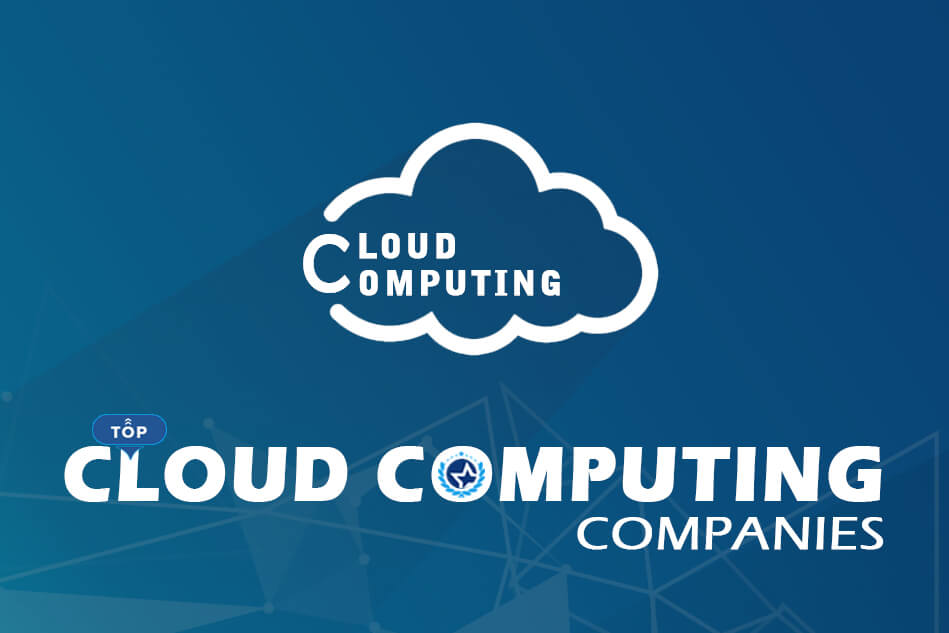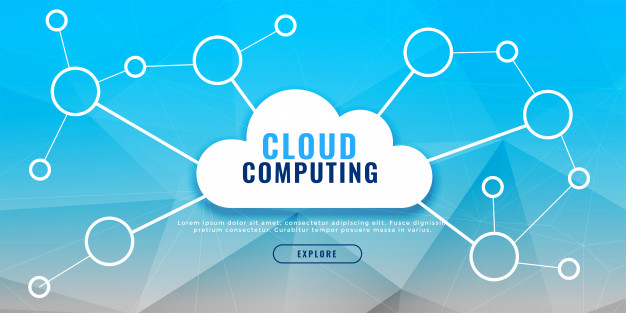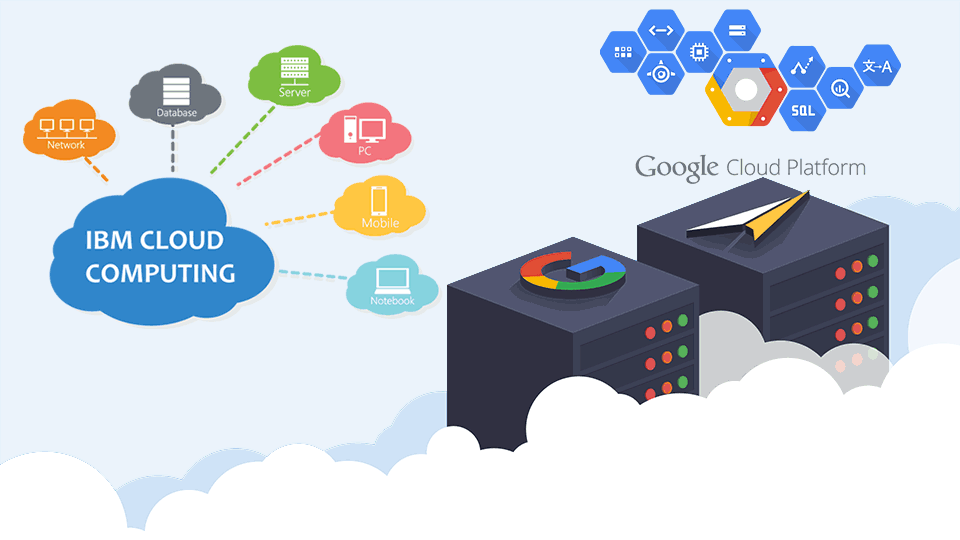This comprehensive analysis of Amazon Web Services vs Microsoft Azure will help you understand and make an informed decision when choosing which Cloud service provider will be best to help your business grow.
Amazon Web Services
Amazon Web Services (AWS) is the world’s largest, broadly adopted online cloud service provider; including the IT Infrastructure services, web services, databases. It’s easy to access worldwide, and its cloud computing services are rapidly replacing physical infrastructure.
It’s a reliable, top functionality, secure, low-cost infrastructure cloud platform with the largest community of customers and partners. AWS provides these services with an efficient technology computing system that ensures that your business can run remotely with no physical IT resources.
Microsoft Azure Cloud Computing Services
Microsoft Azure is a public cloud-based online computing service. It’s designed to help businesses grow independently, by providing Software as a Services (SaaS), and Infrastructure as a Service (IaaS). It helps businesses to develop, deploy, and maintain the various applications on these cloud platforms.
By using Azure you can increase your productivity, performance, and scale-globally with security and easy access to your data.
Mutual Features of Amazon Web Services vs Microsoft Azure
- Data Resiliency Cost-Effective
- BCDR Integration Flexibility
- Security Secure Data
- Capacity Planning Scalable and elastic
- Single-pane Operability Experienced
- Storage Data Management Services
Pros of Amazon Web Services
- Amazon offers various services to grow a business, and it provides many advantages for the business
- Large Capacity for Data Backup and Storage
- AWS provides various types of storage capacity.
Website Hosting
- Amazon web services allow you to host your website on the cloud
- Gaming: Aws provides the best services for gamers; various computing features like graphics, ram, etc. to run data-demanding applications.
Most companies use AWS, including startups, small businesses, and large-scale businesses like MNCs, etc.
Pros of Microsoft Azure
Ability to Scale on Demand
- The first benefit of Microsoft azure is to run your business with fewer resources. Azure cloud computing provides all the required services.
- You can access all the data from the database easily through the cloud.
- Your data is safe fully encrypted so, no need to worry.
- Cost-Effective. It offers huge services at lesser costs, reducing all the upfront costs for all small businesses.
- Customer support and Hybrid Capability and also reliable data storage.
Cons of AWS
- The Amazon marketplace is not that straightforward.
- Sometimes it’s difficult for new users to navigate and select the right configurations for products.
- A newbie will struggle to use AWS effectively and efficiently.
Cons of AZURE
- Microsoft Azure will not help you manage your data or data center.
- Azure focuses on a single vendor strategy that almost forces you to use another service.
- Azure offers worldwide services in 140 countries so Speed can be a big issue for small businesses.
Conclusion
If you are a business owner or individual who is looking for the best ways to start a business, with fewer resources and fewer budgets, then you must carefully consider and contrast your budget and business needs between your desired cloud services providers.
Did you find this article useful? Kindly share your valuable feedback.






